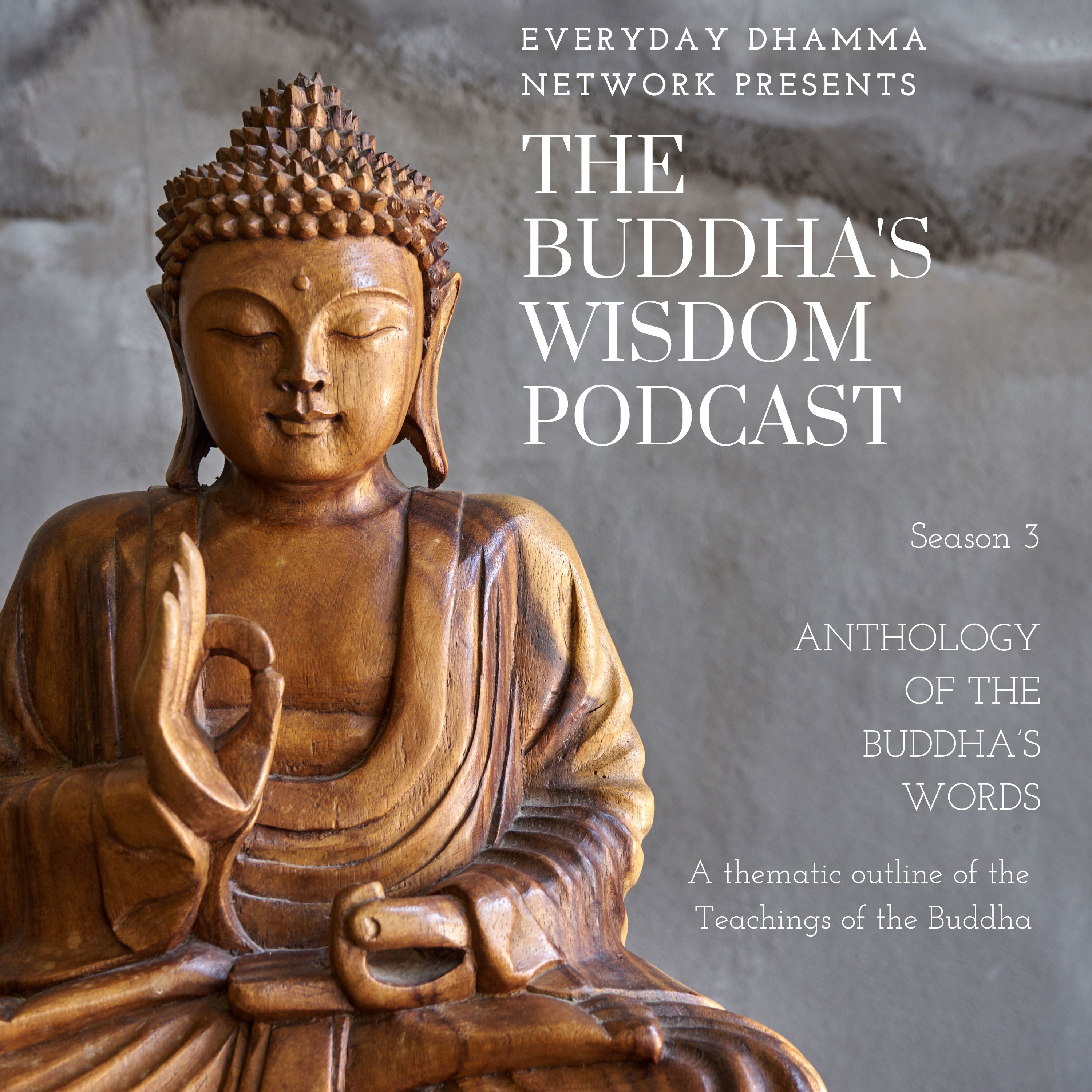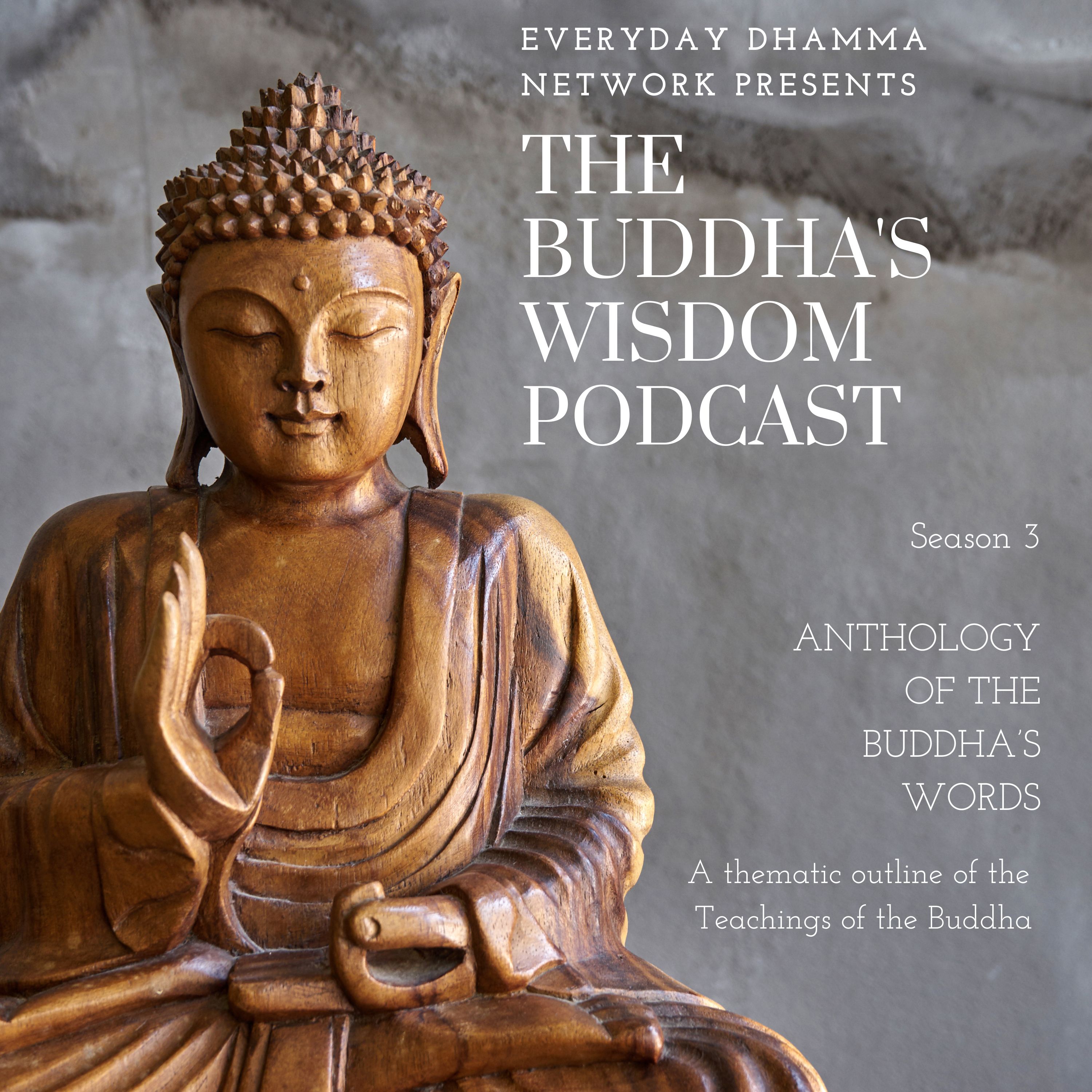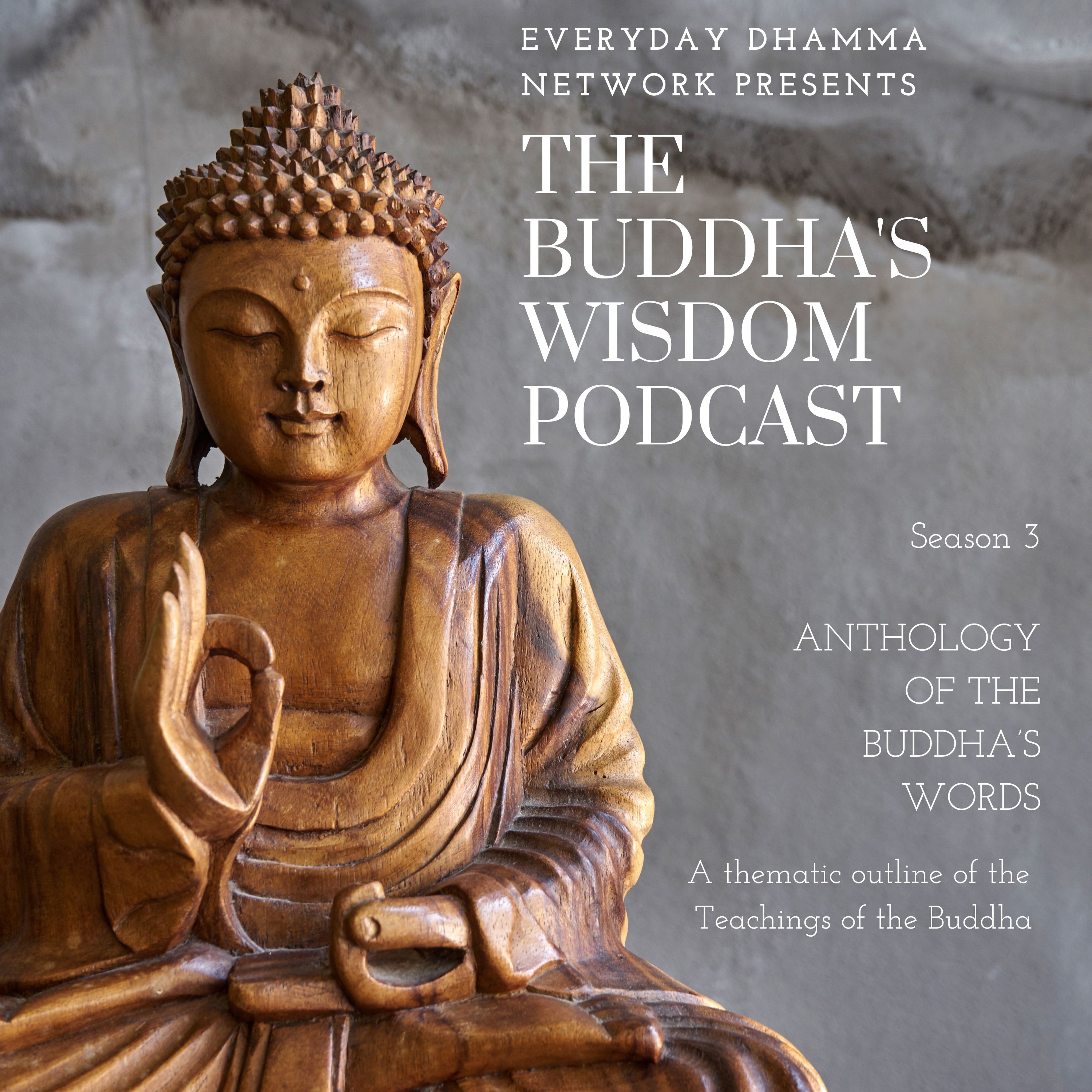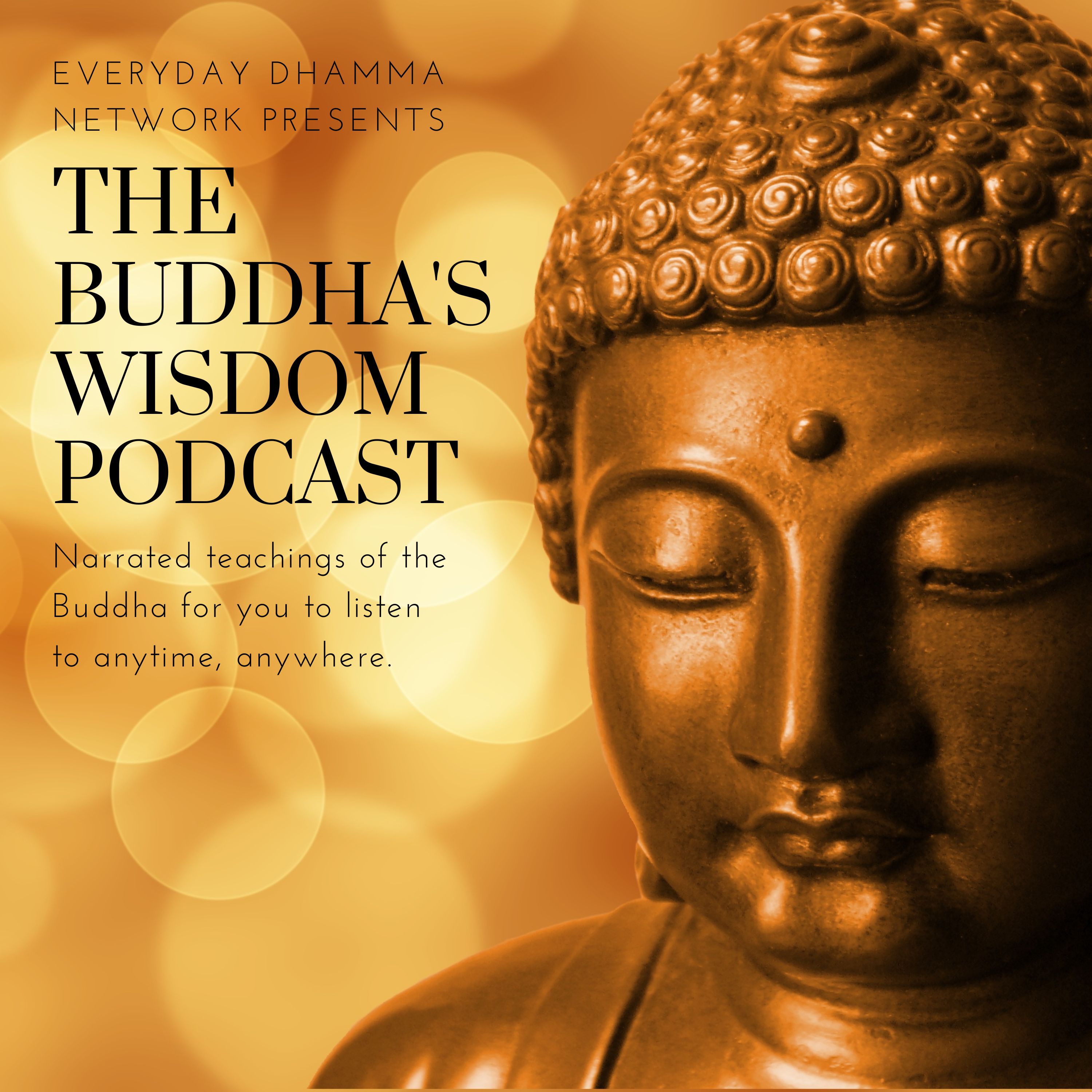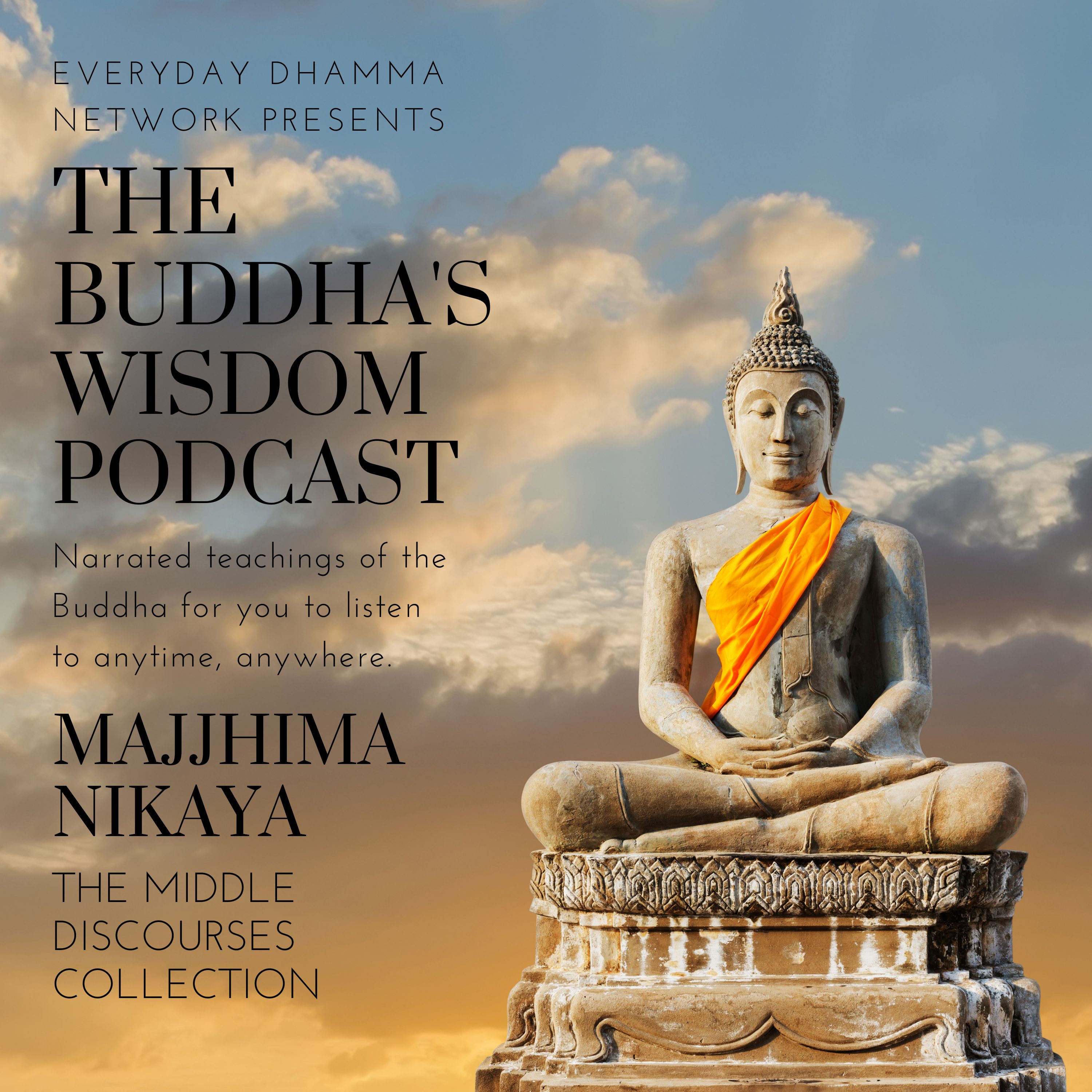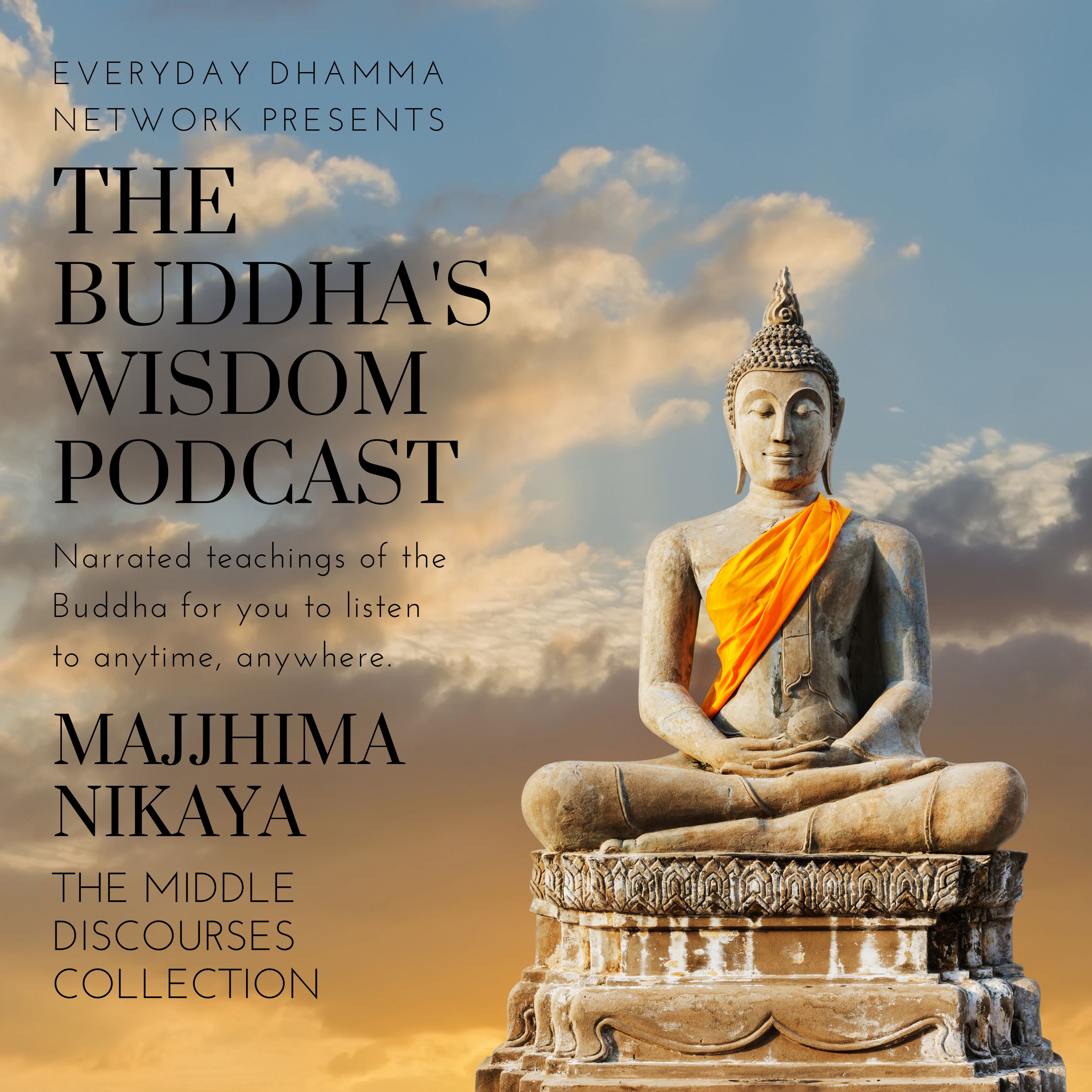Episode Transcript
## Sutta 1 - The origin of conflict
Then the brahmin Ārāmadaṇḍa went up to Mahākaccāna, and exchanged greetings with him. When the greetings and polite conversation were over, he sat down to one side and said to Mahākaccāna:
“What is the cause, worthy Kaccāna, what is the reason why aristocrats fight with aristocrats, brahmins fight with brahmins, and householders fight with householders?”
“It is because of their insistence on sensual desire, their shackles, avarice, and attachment, that aristocrats fight with aristocrats, brahmins fight with brahmins, and householders fight with householders.”
“What is the cause, worthy Kaccāna, what is the reason why ascetics fight with ascetics?”
“It is because of their insistence on views, their shackles, avarice, and attachment, that ascetics fight with ascetics.”
AN2:37 (abridged)
## Sutta 2 - Why do beings live in hate?
Having been granted an opportunity by the Buddha, Sakka asked the first question.
“Dear sir, what fetters bind the gods, humans, titans, dragons, centaurs—and any of the other diverse creatures—so that, though they wish to be free of enmity, violence, hostility, and hate, they still have enmity, violence, hostility, and hate?” This question hints at Sakka’s own evolution from the battlegod of the Vedas to an acolyte of peace.
Such was Sakka’s question to the Buddha. And the Buddha answered him:
“Lord of gods, the fetters of jealousy and stinginess bind the gods, humans,
titans, dragons, centaurs—and any of the other diverse creatures—Jealousy is wanting what others have, while stinginess is not wanting to share what you have. so
that, though they wish to be free of enmity, violence, hostility, and
hate, they still have enmity, violence, hostility, and hate.”
Such was the Buddha’s answer to Sakka. Delighted, Sakka approved and agreed with what the Buddha said, saying, “That’s so true, Blessed One! That’s so true, Holy One! Hearing the Buddha’s answer, I’ve gone beyond doubt and got rid of indecision.”
And then, having approved and agreed with what the Buddha said, Sakka asked another question:
“But dear sir, what is the source, origin, birthplace, and inception of jealousy and stinginess?
“The liked and the disliked, lord of gods, are the source of jealousy and stinginess. When the liked and the disliked exist there is jealousy and stinginess. When the liked and the disliked don’t exist there is no jealousy and stinginess.”
“But dear sir, what is the source of what is liked and disliked?”
“Desire is the source of what is liked and disliked.”
“But what is the source of desire?”
“Thought is the source of desire.”
“But what is the source of thought?”
“Judgments driven by the proliferation of perceptions are the source of thoughts.”
DN21
## Sutta 3 - The dark chain of causation.
So it is, Ānanda, that feeling is a cause of craving. Craving is a cause
of seeking. Seeking is a cause of gaining material things. Gaining
material things is a cause of evaluation. Evaluation is a cause of
desire and lust. Desire and lust is a cause of attachment. Attachment is
a cause of ownership. Ownership is a cause of stinginess. Stinginess is
a cause of safeguarding. Owing to safeguarding, many bad, unskillful things come to be: taking up the rod and the sword, quarrels, arguments, and disputes, accusations,
divisive speech, and lies.
DN15
## Sutta 4 - The roots of violence and oppression
“Mendicants, there are these three unskillful roots. What three? Greed, hate, and delusion.
Greed is a root of the unskillful. When a greedy person chooses to act by way of body, speech, or mind, that too is unskillful. When a greedy person, overcome by greed, causes another to suffer under a false pretext—by execution or imprisonment or confiscation or condemnation or banishment—thinking ‘I’m powerful, I want power’, that too is unskillful. And so these many bad, unskillful things are produced in them, born, sourced, originated, and conditioned by greed.
Hate is a root of the unskillful. When a hateful person chooses to act by way of body, speech, or mind, that too is unskillful. When a hateful person, overcome by hate, causes another to suffer under a false pretext—by execution or imprisonment or confiscation or condemnation or banishment—thinking ‘I’m powerful, I want power’, that too is unskillful. And so these many bad, unskillful things are produced in them, born, sourced, originated, and conditioned by hate.
Delusion is a root of the unskillful. When a deluded person chooses to act by way of body, speech, or mind, that too is unskillful. When a deluded person, overcome by delusion, causes another to suffer under a false pretext—by execution or imprisonment or confiscation or condemnation or banishment—thinking ‘I’m powerful, I want power’, that too is unskillful. And so these many bad, unskillful things are produced in them, born, sourced, originated, and conditioned by delusion. Such a person is said to have speech that’s ill-timed, false, meaningless, not in line with the teaching and training.
AN3:69
---
